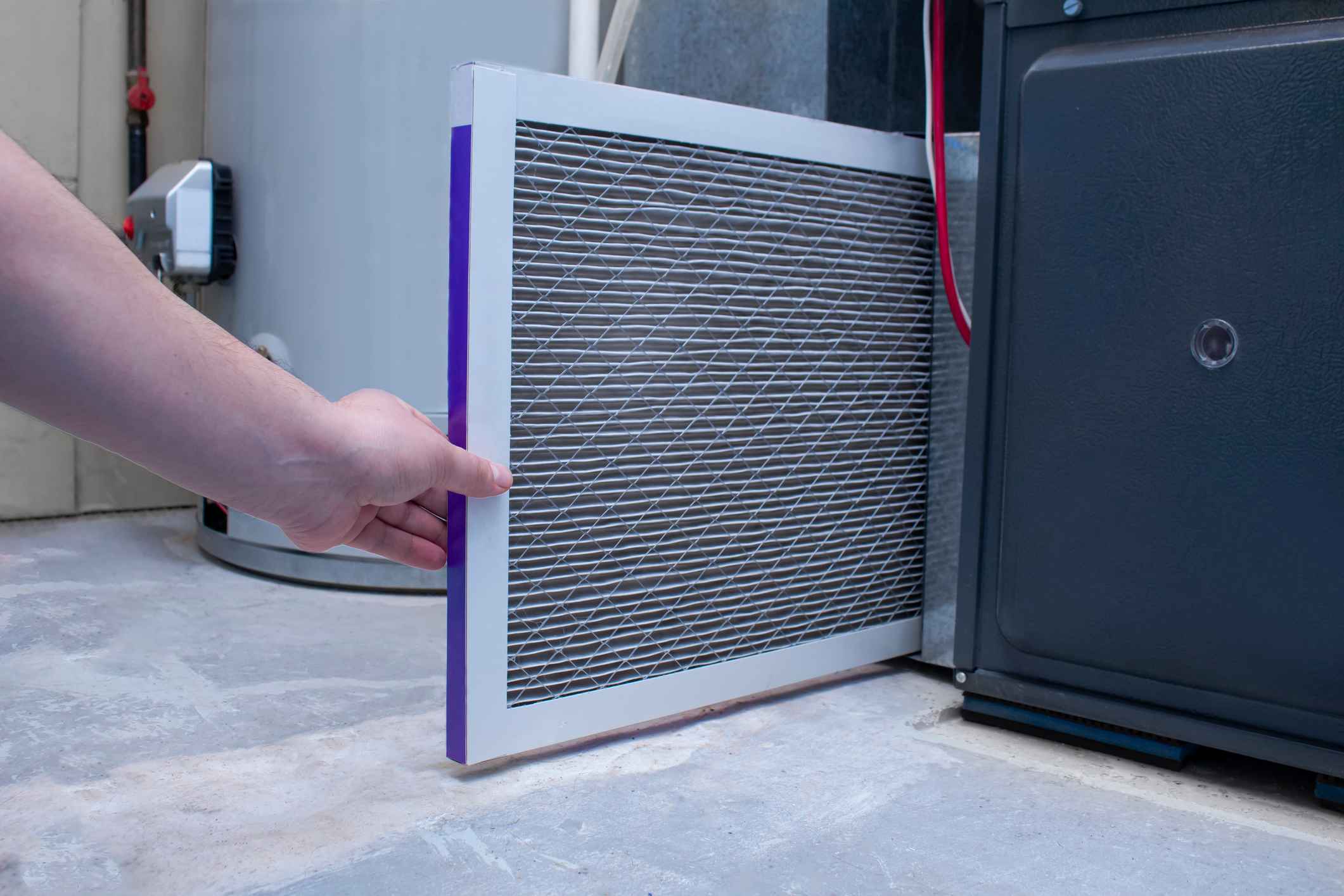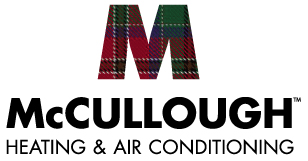4.8 Google Rating
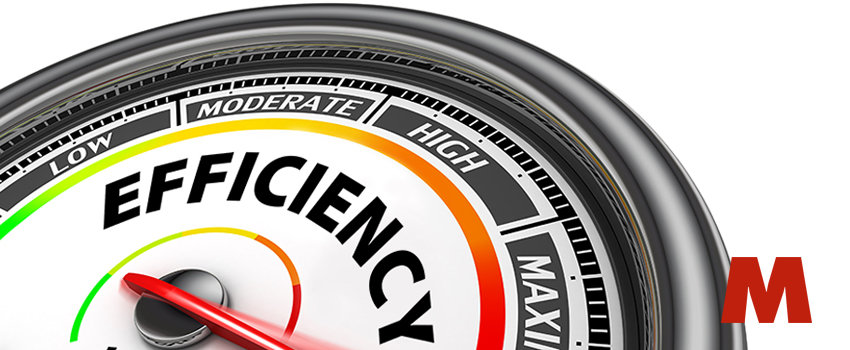
The Difference Between Low and High-Efficiency Air Conditioning
When it comes to choosing the right air conditioning system for your home, understanding the difference between low and high-efficiency units can make a significant impact on your comfort, energy consumption, and overall cost. Air conditioners are an essential component of any HVAC system, especially in hot climates, and knowing what sets these two types apart can help you make an informed decision.
In this article, we will explore the key differences between low and high-efficiency air conditioning systems, discussing how they work, their energy consumption, long-term benefits, and overall performance. Whether you’re considering upgrading an existing system or installing a new one, this guide will help you determine the best choice for your home.
What Is Air Conditioner Efficiency?
Air conditioning efficiency refers to how well a unit can cool your home while using as little energy as possible. The ac efficiency is measured using the Seasonal Energy Efficiency Ratio (SEER), which calculates the cooling output divided by the energy used during a typical cooling season. A higher SEER rating means greater efficiency. Low-efficiency air conditioners usually have a SEER rating of around 13 to 14, while high-efficiency models typically have SEER ratings of 18 or more.
But SEER isn’t the only factor. It’s essential to look at the overall design of the unit and how well it converts electrical energy into cooling. A high-efficiency system operates more effectively, delivering the same cooling power as a low-efficiency system but using less energy.
Low-Efficiency Air Conditioning
A low-efficiency air conditioning system can get the job done, but it will likely cost you more in terms of monthly utility bills. These units are typically less expensive upfront, making them an attractive option for homeowners looking for a short-term solution. However, the long-term costs associated with energy use often outweigh the initial savings. Low-efficiency systems are also more likely to wear out sooner because they have to work harder to maintain a comfortable temperature, especially during the hottest months.
Another downside is that low-efficiency air conditioners often struggle with maintaining consistent temperatures. You may notice hot spots in your home, and the system might have to run longer to reach the desired cooling level, increasing both energy consumption and wear and tear on the unit.
High-Efficiency Air Conditioning
On the other hand, high-efficiency air conditioning units are designed to maximize cooling power while using less energy. These systems use advanced technology, such as variable-speed compressors, which adjust the cooling output depending on your home’s needs. This allows the unit to operate at lower speeds for longer periods, maintaining a more consistent temperature throughout the house without cycling on and off frequently.
The upfront cost of a high-efficiency air conditioner can be higher, but the long-term savings on your energy bills can quickly offset this. Because these systems consume less energy, they’re more eco-friendly, reducing your home’s carbon footprint. Additionally, a high-efficiency unit tends to last longer than a low-efficiency one due to less strain on its components.
Energy Savings: Long-Term vs. Short-Term Costs
One of the most significant differences between low and high-efficiency air conditioning systems is the potential for energy savings. While a low-efficiency unit may seem like a cost-effective solution at first, the ongoing operational costs can quickly add up. High-efficiency air conditioners, with their ability to cool your home using less electricity, can lower your monthly energy bills, especially in regions with hot climates that require more cooling.
Over the lifespan of a high-efficiency unit, these savings can be substantial. For example, a homeowner could save hundreds of dollars per year on energy costs alone. Not to mention, many energy providers offer rebates or incentives for installing energy-efficient systems, which can help reduce the upfront cost.
Environmental Impact and Comfort
Efficiency air conditioners are not just good for your wallet; they’re also better for the environment. By consuming less electricity, high-efficiency systems contribute less to greenhouse gas emissions, helping to reduce your household’s overall environmental impact. Additionally, these units often use eco-friendly refrigerants, which minimize damage to the ozone layer compared to older models.
In terms of comfort, a high-efficiency air conditioner offers better humidity control and more precise temperature regulation. These systems are often quieter as well, since they operate at variable speeds, reducing noise levels compared to the loud on-and-off cycling of low-efficiency systems. This leads to a more pleasant living environment, with fewer temperature fluctuations and a more consistent level of comfort throughout the home.
Technology and Features
Modern high-efficiency air conditioners come equipped with advanced features that help optimize performance. Some of these features include smart thermostats, which allow homeowners to control the temperature remotely and adjust settings for maximum energy savings. Many systems also offer zoned cooling options, which let you control the temperature in different parts of your home independently.
Additionally, high-efficiency units typically have superior air filtration systems that improve indoor air quality. This is especially important for households with family members who suffer from allergies or asthma, as the enhanced filtration can remove dust, pollen, and other pollutants from the air.
Choosing the Right System for Your Home
When deciding between a low and high-efficiency air conditioning system, it’s essential to consider both your short-term and long-term needs. A low-efficiency unit may be the right choice if you’re looking for an affordable option to cool a smaller space or a home that doesn’t require constant cooling. However, for larger homes or those in climates with hot summers, a high-efficiency system can provide substantial long-term savings and better overall performance.
If you’re still unsure which system is best for your home, it’s always a good idea to consult with a professional HVAC technician who can assess your specific needs. A qualified expert can recommend the right size and type of air conditioner based on your home’s size, insulation, and cooling requirements.
Conclusion
Ultimately, the difference between low and high-efficiency air conditioning comes down to long-term cost savings, comfort, and environmental impact. While a low-efficiency unit might save you money initially, a high-efficiency system will offer better performance, reduced energy bills, and a more comfortable home for years to come.
High efficiency meaning greater comfort and lower energy bills, high-efficiency air conditioners are the future of home cooling. If you’re considering an upgrade or looking for ways to improve your home’s cooling system, it’s time to look into high-efficiency models.
Contact McCullough Heating & Air Conditioning for all your heating and cooling needs. Our team of experts is ready to help you choose the best air conditioning system for your home and ensure it runs efficiently for years to come.
Recent News
Free Energy Audits for Westlake Homes: Cut Energy Bills, Boost Comfort & Upgrade Smarter
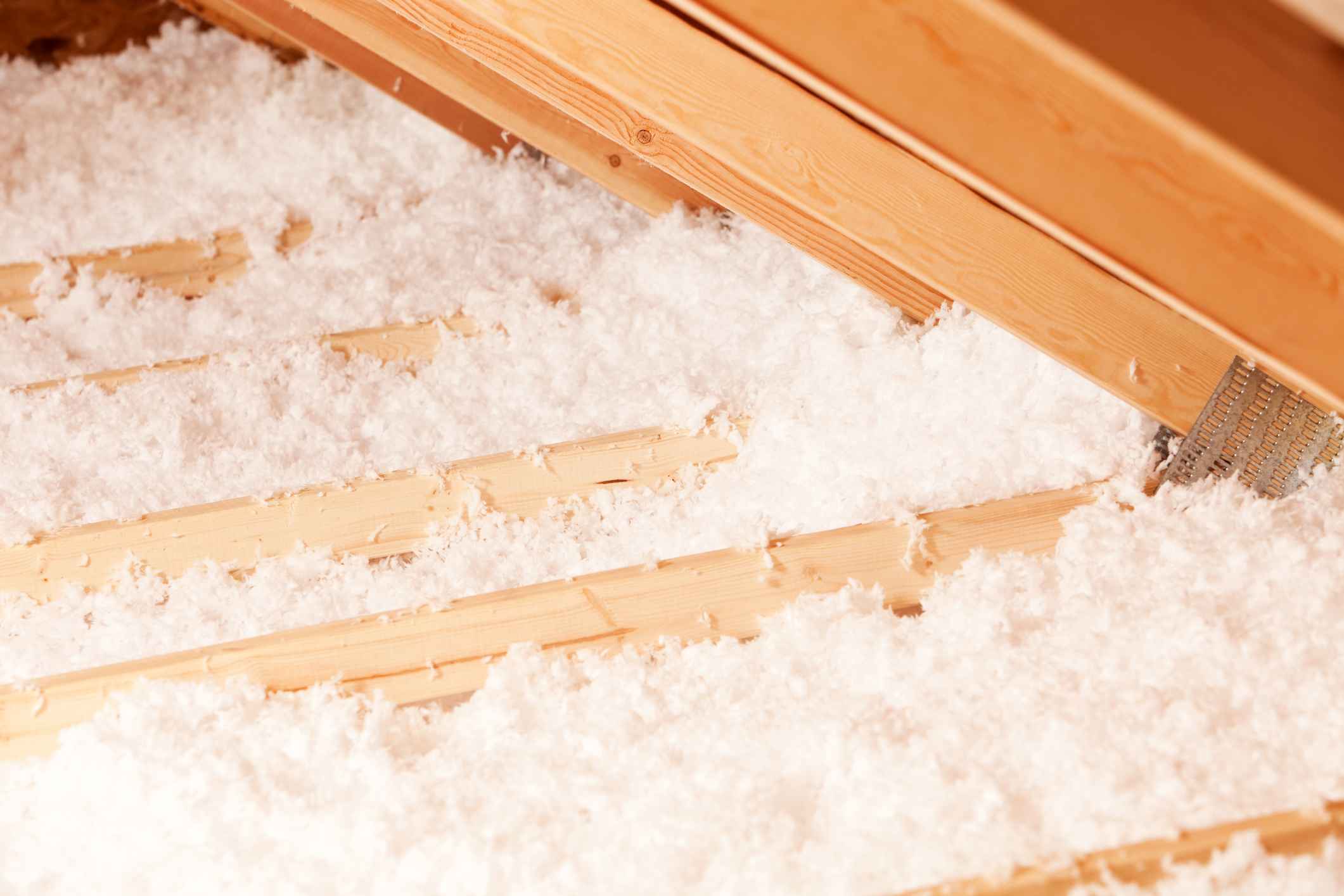
Is Your Austin Home Using Too Much Energy? Here’s How a Free Energy Audit Can Help You Save Big
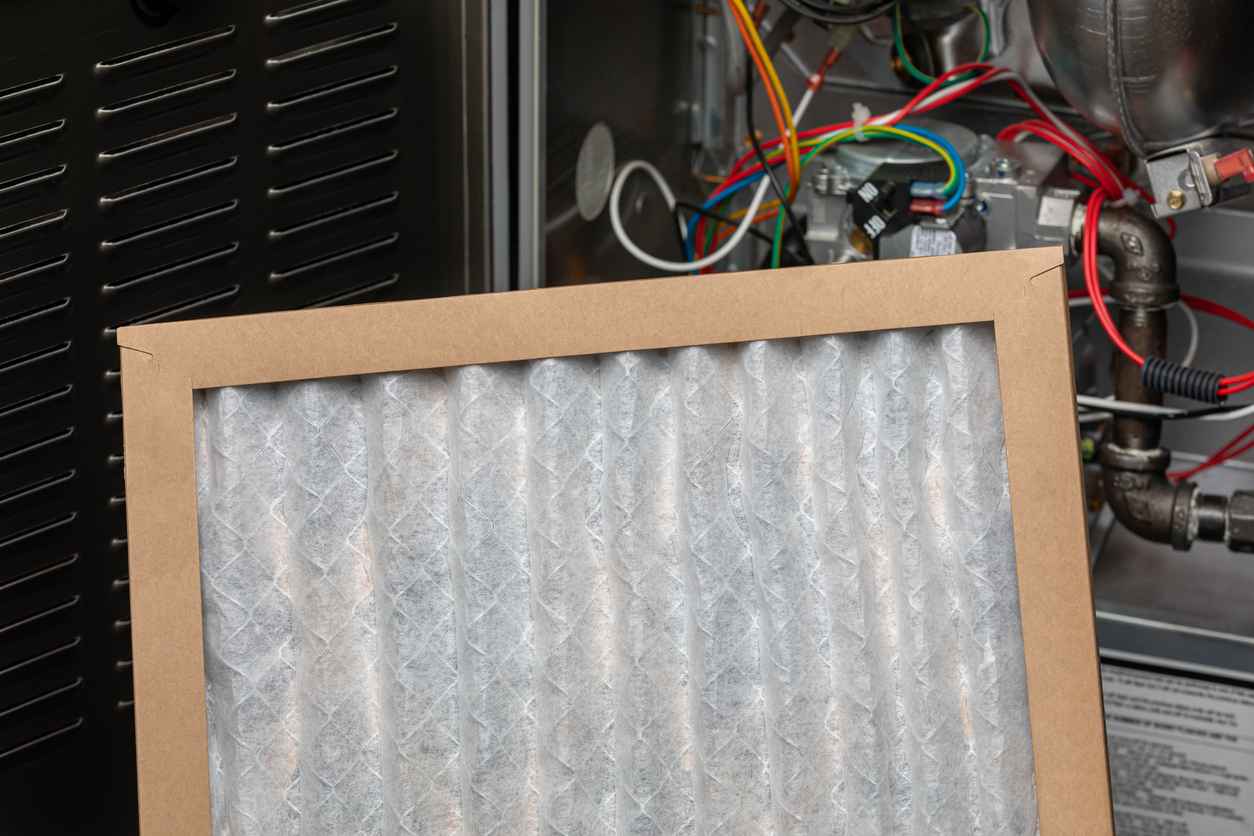
Cold Snap Coming? What Austin Homeowners Should Do Now to Prevent Heat Loss and Heating System Failure
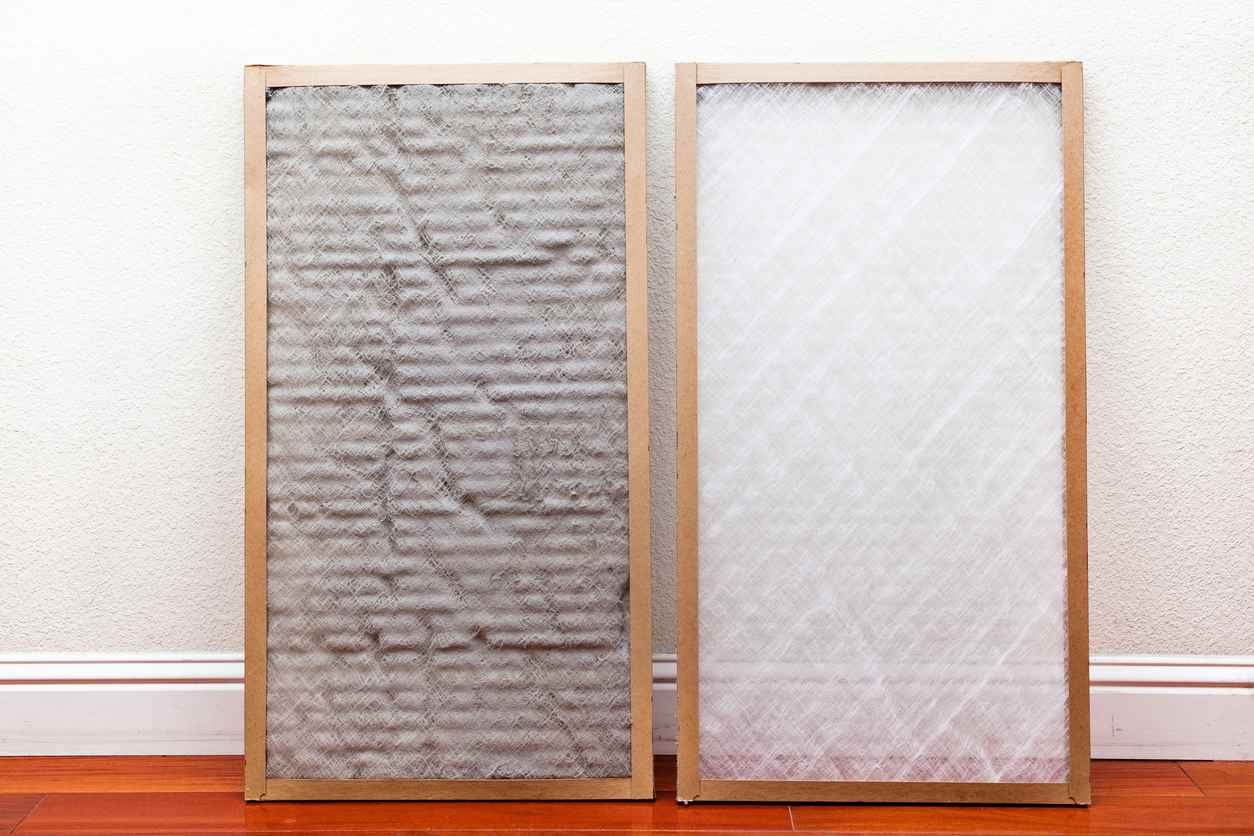
Best HVAC Filters for Cedar Fever in Austin
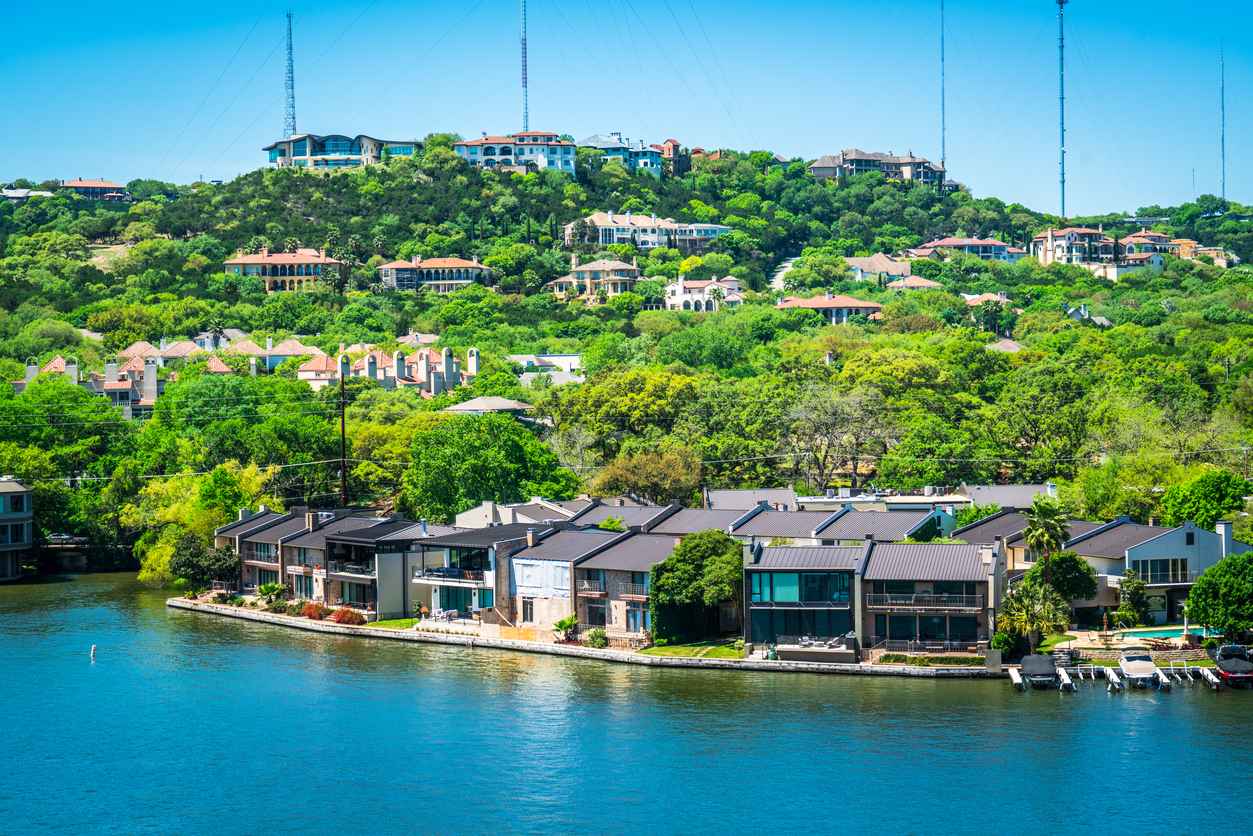
HVAC Maintenance Tips for West Lake Hills Homes with Larger Floor Plans and Multiple Zones
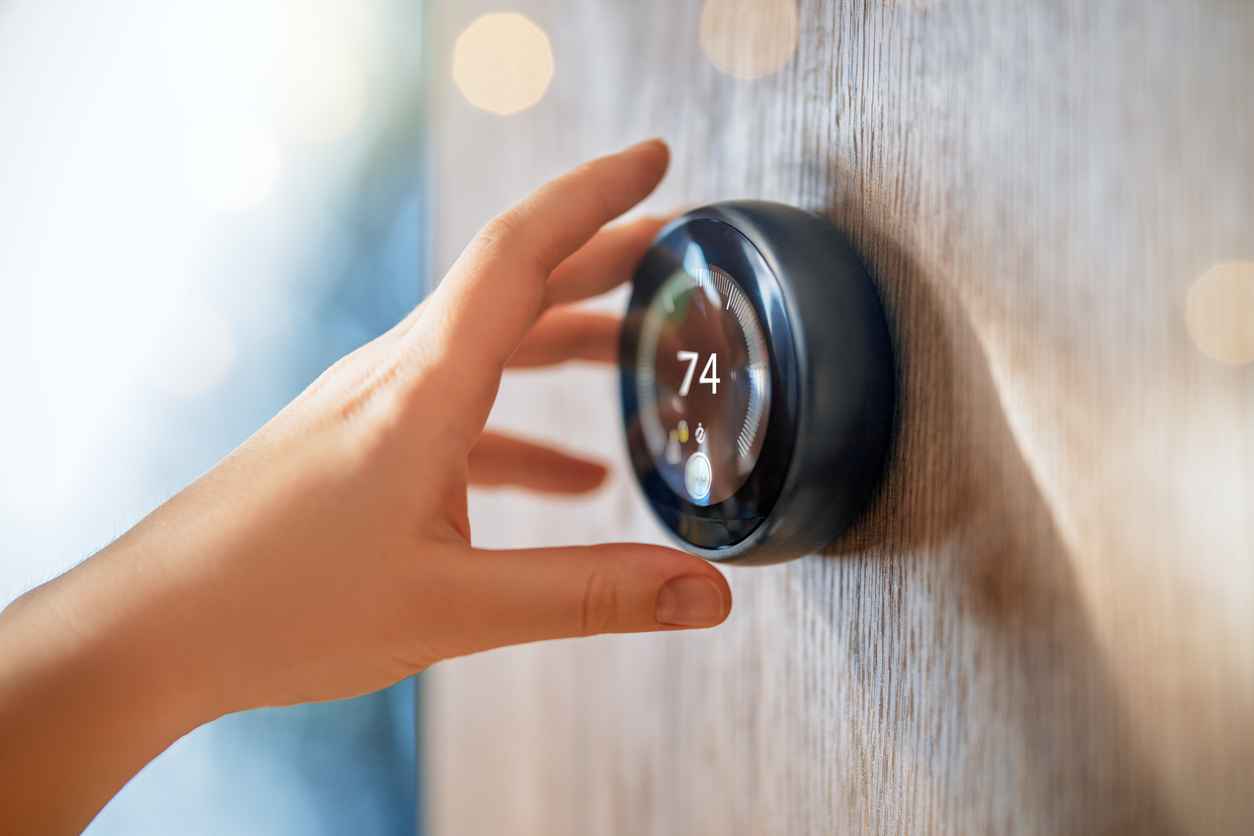
How Austin Homeowners Can Prepare Their HVAC Systems for Sudden Winter Cold Snaps
